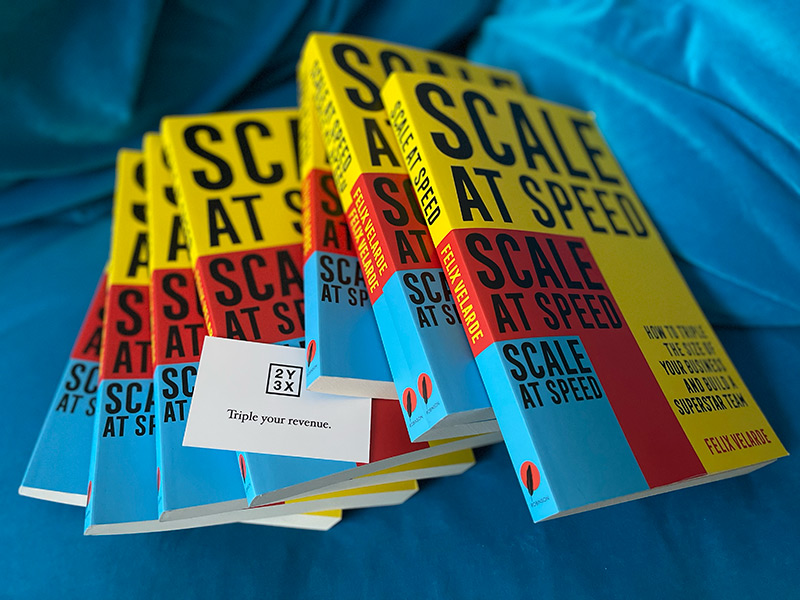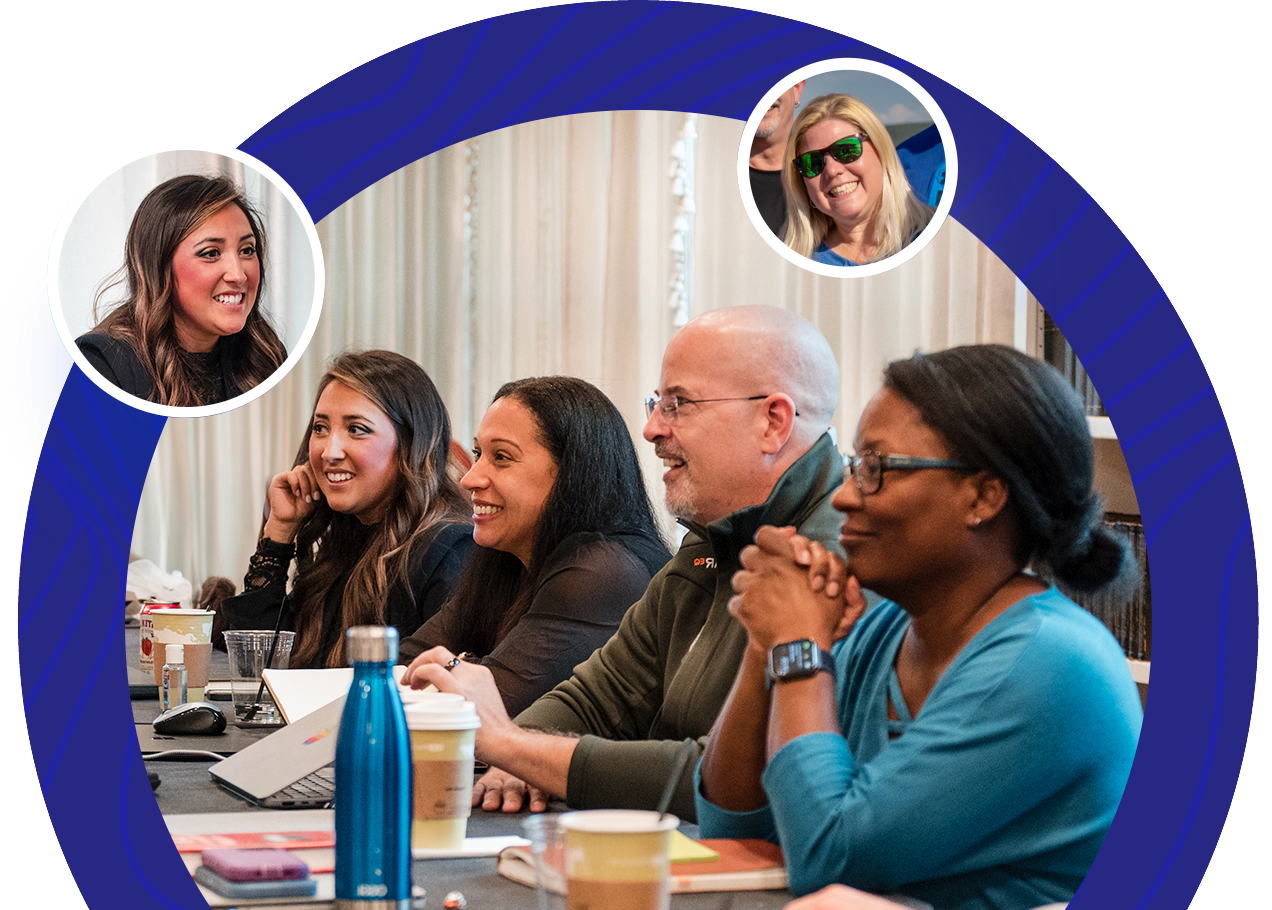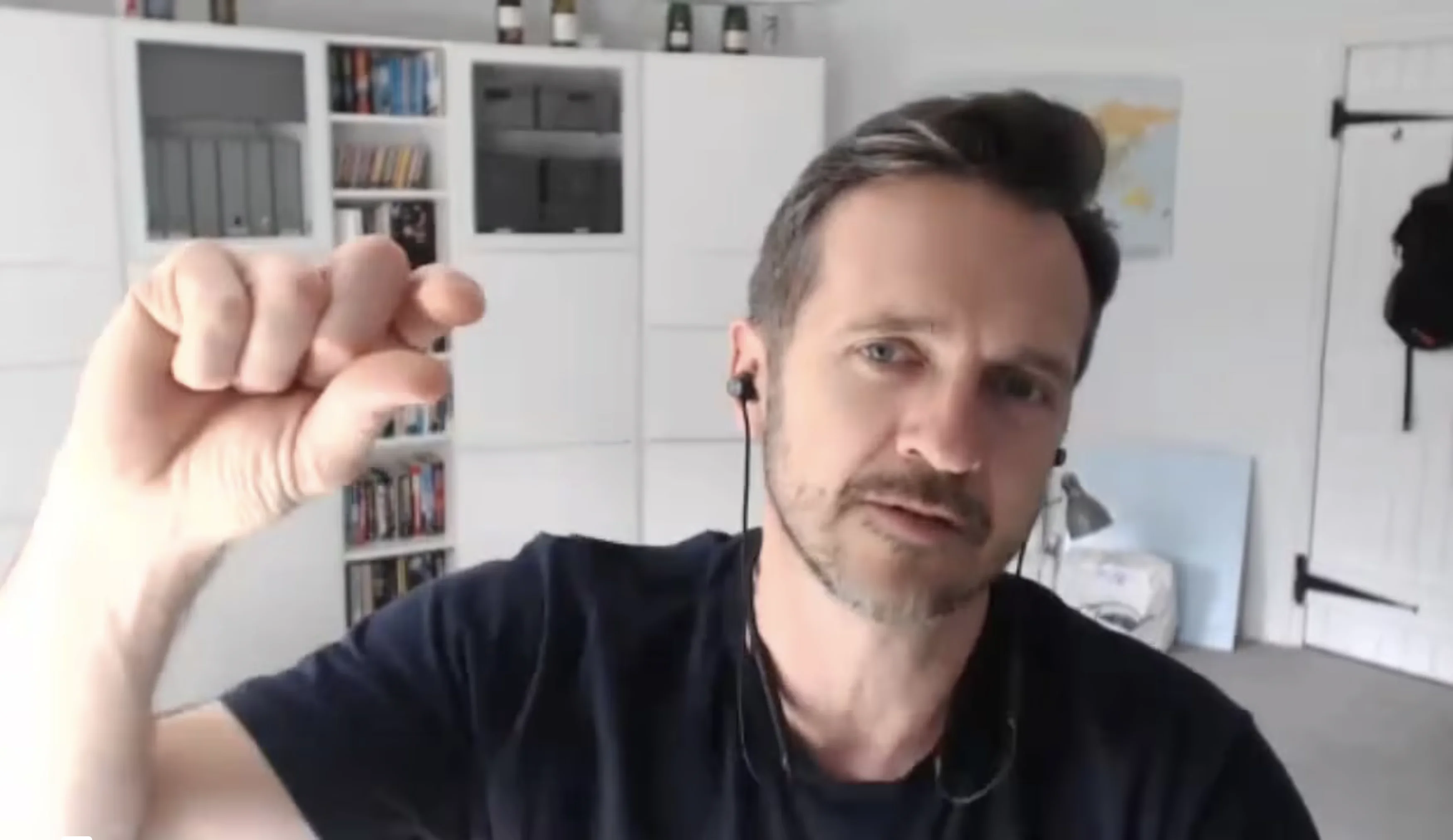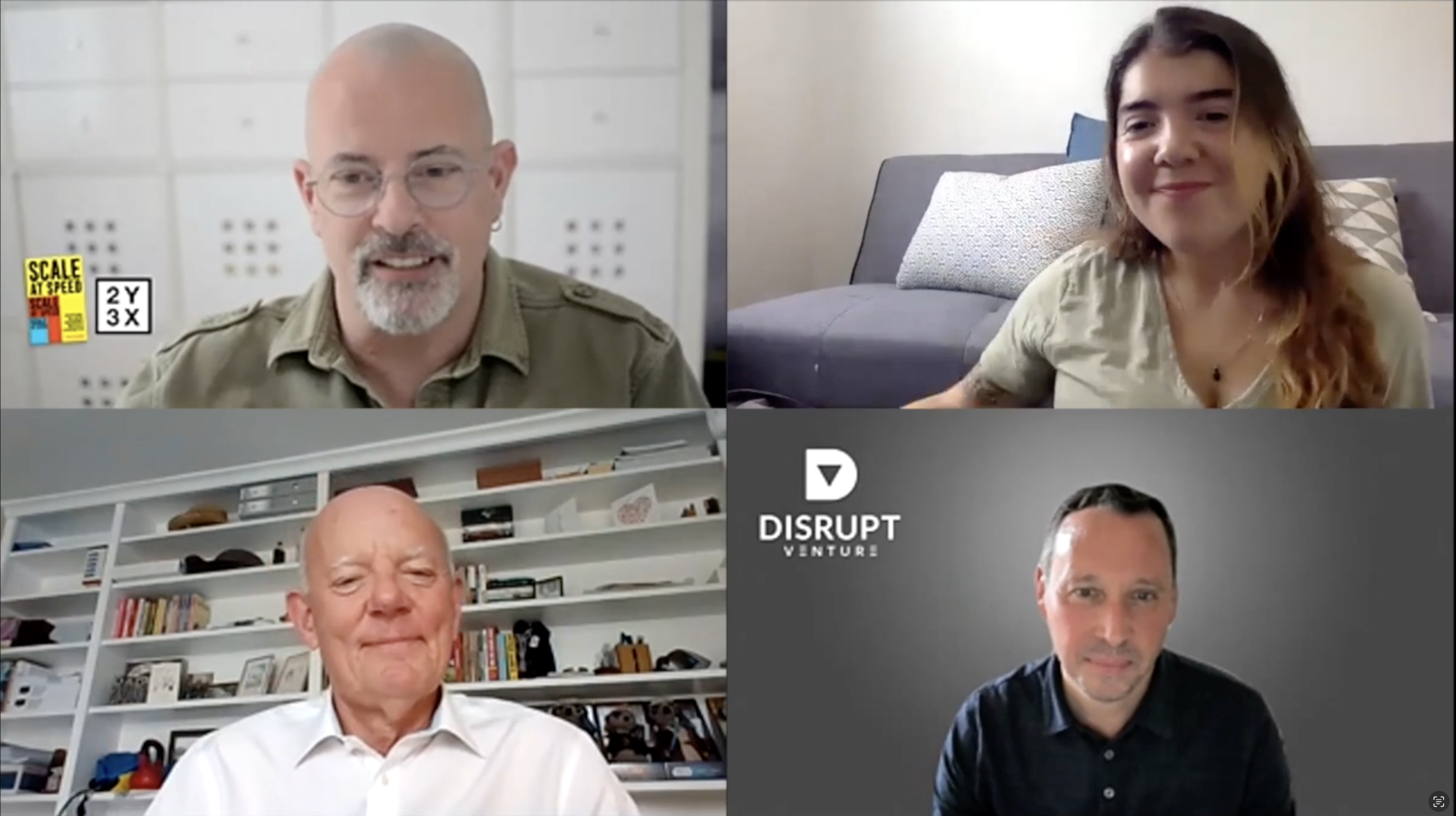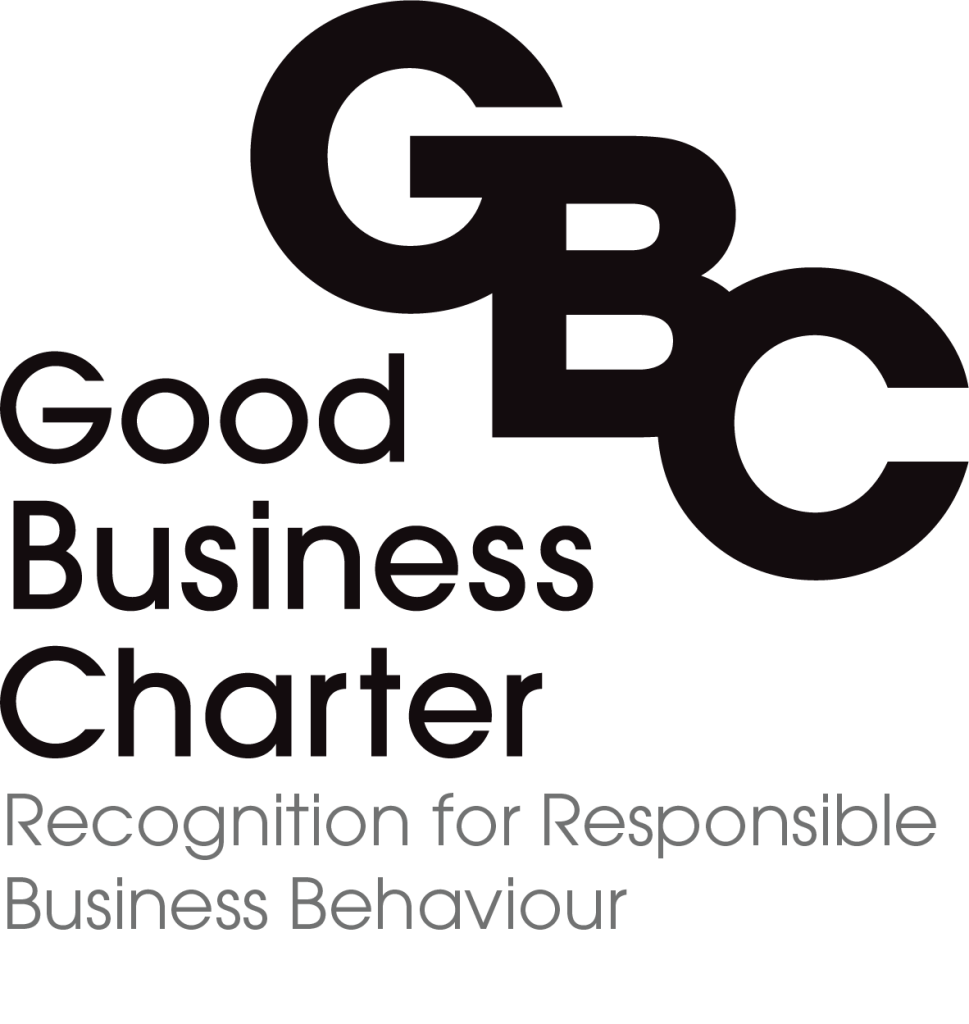Mo Lishomwa interview
Mo Lishomwa interview
The program has been joined by a team of expert consultants, who have been running emergency planning workshops on a voluntary basis for the past few months, providing critical support for businesses who need it.
We wanted to introduce each of them to showcase the brilliant work they do. In this interview, we speak with Mo Lishomwa, a business, people and relationship builder. Mo has a digital career spanning over 20 years where she’s held leadership positions across business, creative and technology – at companies including Yahoo!, BBC, adidas, Saatchi & Saatchi, Publicis Sapient and Adobe covering EMEA, MENA and North America.
Her professional highlights include research and development of Programme Information Pages, an aggregation platform for programme metadata which serves as the backbone to the BBC iPlayer, and building adidas’s first wearable and personalised technology business, miCoach.
Mo is an ambassador for BAME 20:20, an organisation that aims to have 20% of new entrants to the communication industry coming from Black, Asian and Minority backgrounds, and 20% of leadership positions being held by the same in the UK. She has mentored with the Eastgate Educational Trust with Adobe Youth Voices, a programme to help young people from diverse backgrounds the power of storytelling, self-expression, ideation, collaboration, flexibility and persistence. She serves on the BIMA I&D council.
Starting with the basics: Could you talk a little about your background? What types of businesses do you usually work with?
I’ve got 22 years of digital product background, from strategy across to production. By strategy I mean building businesses but with digital at the forefront, then the product is launched as a business unit. So I’ve very much focused on the technology space.
Business-wise, some major ones I’ve worked with would be adidas, helping them to build their wearable tech division. That’s an actual business proposition that I very much spearheaded, with technology driving it. But that also involved partnerships with Telcos and how that initially launched. Then BBC iPlayer, which has now spawned a business within the BBC, I guess! Which again, began with technology very much at its heart.
Another key one, this year, we built the first digital trade finance bank in the Middle East. Which again, I was very much part of. I learnt a lot about banking legislation and laws to launch that. I’ve also worked at agencies and for a wide variety of businesses, including FMCG, Procter and Gamble. I helped them to launch a new shampoo, funnily enough, using digital as a strategy to help inform that launch. And I have worked with a number of startups, so there’s BEEP and social enterprise startups as well. It’s a real mixture of companies, but I enjoy building things, and if they’re interesting companies then that’s always good.
How did you come to be involved with 2Y3X?
I’ve known Felix (Velarde) for a long time, I think nearly 20 years. I think he’s hoping I’ll bring a different dynamic to the table really. I’m not afraid to speak my mind, and I have worked with a cross-section of business so I’m quite comfortable navigating in different spaces. I also know that by being a black female in technology makes me a bit of a unicorn, and Felix had to remind me of that – because so often you just get on with stuff. So if there are companies who we could bring on board who I might be better suited to help, then that’ll be great. I’m learning a lot in terms of what 2Y3X does and it’s going to be a steep learning curve.
How have you seen businesses react to the current crisis?
The ones I’ve worked with closely have actually not reacted that badly. The big incumbent Banks I worked with up until quite recently, they have a lot of the old ways of thinking about how they work, which have all been broken down. It’s gone from, “You must be in the office and you must do this and that,” to “How can we quickly pivot to work online?” But they’ve still got massive issues with old fashioned models of needing people in the office, so parts of their divisions have just not been sorted out. But the incumbent banks are moving much more quickly than I thought they would.
All the other businesses I’ve worked with, to be honest, seem to be fine!
Do you think most companies have been avoiding or embracing change over the past two months?
From a digital perspective, they have. The ones who have been dabbling their toes in digital previously have embraced change. With the retail market, I know some of them who are so far behind that they don’t seem to know what’s going on. They are in absolute panic mode right now, because this is the only way they think they are going to survive, basically.
I think change is hard for a lot of companies, and the ones who are already on that journey have managed to do so a lot more quickly. The ones who have never thought about it seem to be suffering as a result. I’m surprised some have never even thought about it, especially with some retailers not considering the value of e-commerce before now.
What one piece of advice would you give to business leaders struggling during these times?
Have a strategy. If you’ve got time and money and resources – sit down and get a strategy in place. Don’t just react. Now is the time to start setting something up that is longer term. It’s not going to go back to how it used to be, and I don’t think that this pandemic is going to be over this year, so take the time to be prepared.
Are there particular issues which you personally find important and get excited to fix, regardless of the client?
It tends to be problem-solving, i.e. when someone’s trying to launch a new business unit, a new business completely, or growing an existing business. All aspects of it, really; operation-wise, people-wise. Not just the marketing front, as I moved away from marketing a while ago. It’s generally starting things either from zero and building it up, or if there’s a problem of shifting stuff to move forward, that’s where I like to get involved. I’d say I’m not someone who enjoys coming in and running things business-as-usual, that doesn’t really interest me. I prefer change and growth.
I’m interested in the health industry – not traditional health, but more in terms of sustainable ways of doing things. My pre-tech background is actually in environmental science, so I’m re-learning a lot in this area. Green-tech is also another area of interest to me.
There are some really interesting challenges for the healthcare industry in less regulated markets too, actually. I came across someone in the health industry who’s created a kind of germ-proof material (which would be brilliant for COVID), but because it hasn’t been made before, he’s really struggling to get testing in the UK. He’s now having to go into less regulated markets who are a lot more open to stuff, because they don’t have a long history of doing things a certain way which can be restrictive.
Are there any business-related books you’ve found useful or inspiring recently which you’d recommend?
Firstly: Getting to Yes. But there’s one I read recently which isn’t a business book, but it has really helped me with how I approach business. It’s called The Chimp Paradox. I cycled to Paris last year and I had a massive fear-meltdown before it happened. A friend suggested I read the book, and I read three chapters, which was enough to get me to Paris! I was really close to dropping out a week or so beforehand and the book honestly got me there. I would do it again, though. The countryside there is just breathtaking, and a challenge like that really does make you think differently.
I actually hadn’t cycled for 12 years before Paris, as I had an accident. But I was raising money for my niece who is disabled (she’s nonverbal and really struggles with that) and I just thought, what’s the worst, most uncomfortable thing I could push myself to do? So I chose what was outside of my comfort zone, which, at the time, was cycling.
I then read the rest of The Chimp Paradox this year and it’s fascinating. It looks at what triggers your brain and what your responses are in certain environments and situations. And how to recognise these reactions in other people. What’s really interesting is, when I think back to when I worked on the database that powers the iPlayer, we did have to do a lot of research into human understanding, interaction and the brain!
Business to me is about people, not just the processes, and this book really helped me navigate really tricky situations which can arise. As much as digital is about psychology, you can relate the content of this book to pretty much everything. But for me, on a personal level, it really helped me to get over irrational fear. On another level, though, it taught me to embrace a lot of the irrationality and other peoples irrationality. Because if you understand where it’s coming from, it’s actually not a problem. So I loved that book, and I think every business person should read it.
What do you like to do in your spare time, outside of work?
Since this lockdown, I’ve been cycling quite a bit, but not as many as I was last year in preparation for the Paris race. On day two of cycling in Paris, distance became really irrelevant. It’s the weirdest thing. Now if I cycle 30 miles, I don’t even notice I’ve done it… I much prefer cycling in the countryside over London, or Paris, which is made for cyclists.
I still love to exercise, I am an exercise junkie. Not running – I’m more into yoga. I do Yin Yoga, actually, which is restorative. You hold poses for a minimum of four minutes, so it really gets to your muscles and your bones, rather than just stretching. I’ve really got into that recently.
I’ve also started drawing again. I’ve been getting my pencils out and sketching. And when I can, seeing friends. I like having people around. I’ve got a river at the back of my garden and recently, a neighbour of mine who’s a chef did a socially-distanced barbecue for us all. I helped him with the food from the other side of the fence! It was lovely.
How have you adapted your professional life to fit around your personal life?
I’ve worked from home for the last 6 years, but I used to go into town and see people – and have human contact. Which is something I miss. I’m quite used to working from home, so the shift hasn’t been too dramatic.
Funnily enough, I worked in Germany many years ago, in 2005. And working there forced me to understand about work life balance. They’ve got it down. Which was a complete shift from being here. When I came back in 2009, I held onto the habits I learned from there. Which has meant putting a lot of boundaries in place, but it is actually so much more efficient.
Is there anything else you’d like to add? What are you currently working on?
I’ve been taking some time to rethink things and to focus on working with The 2Y3X program. I’m looking forward to meeting some interesting companies!
More posts
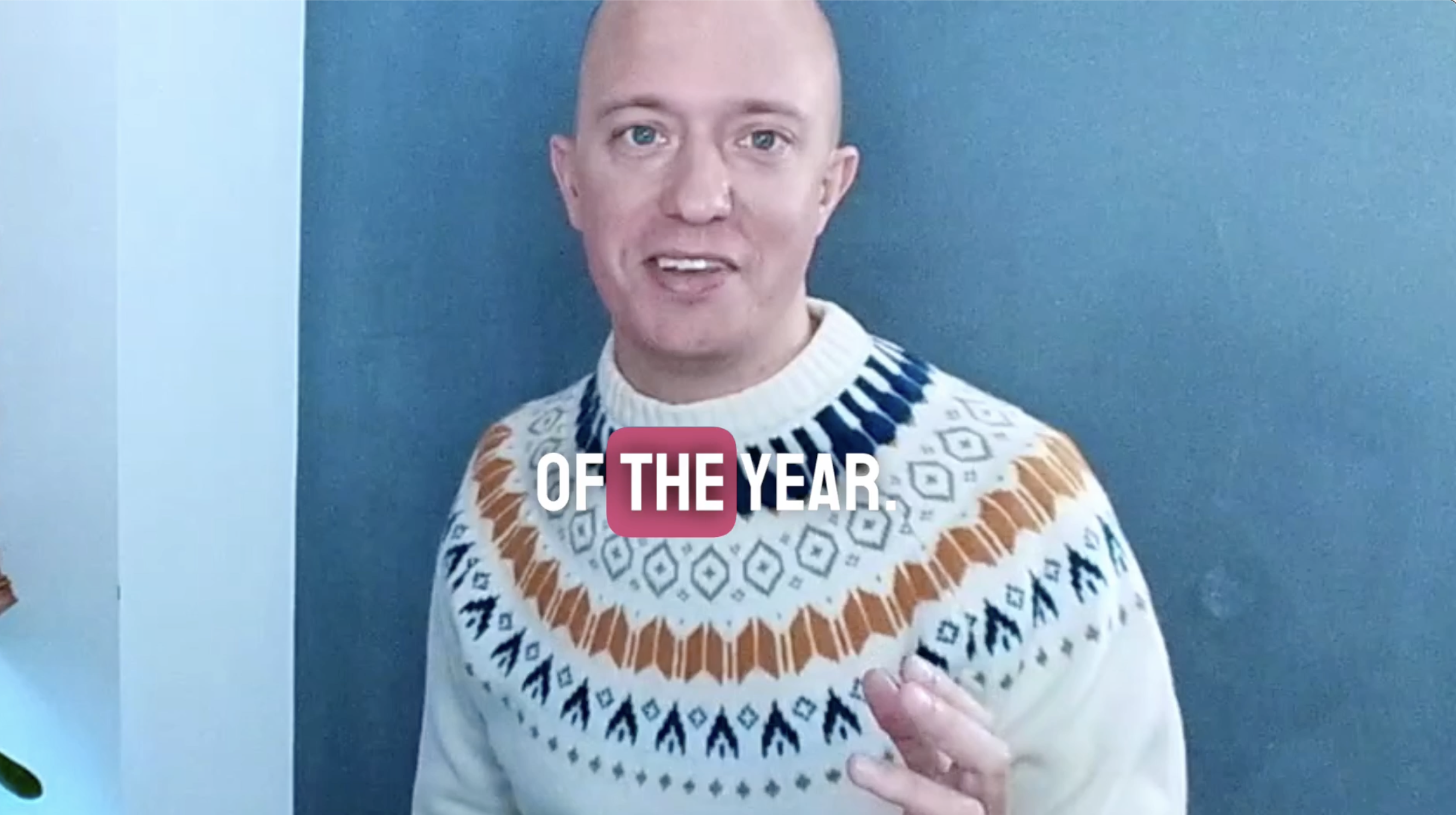
Scale at Speed review
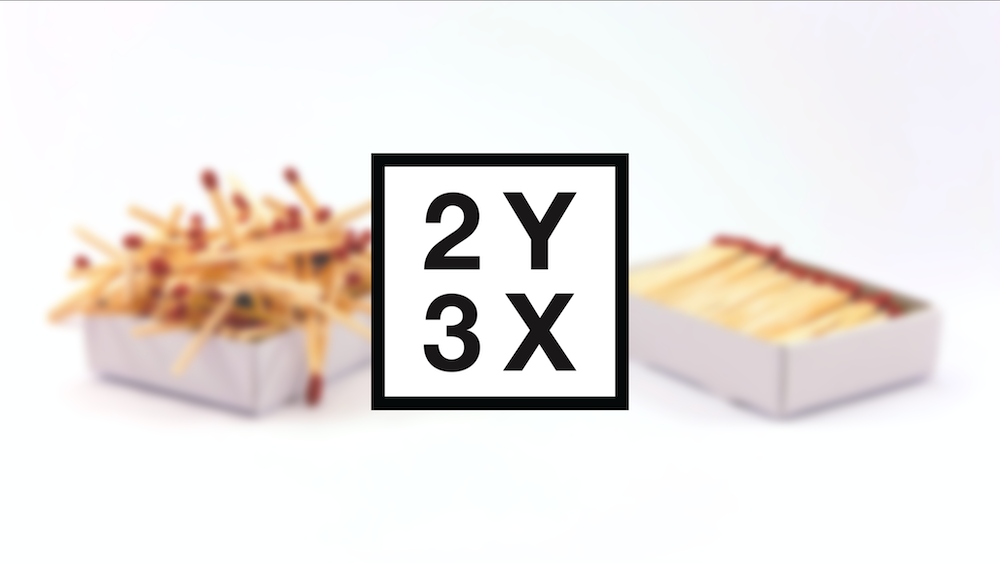
How the strategy map works
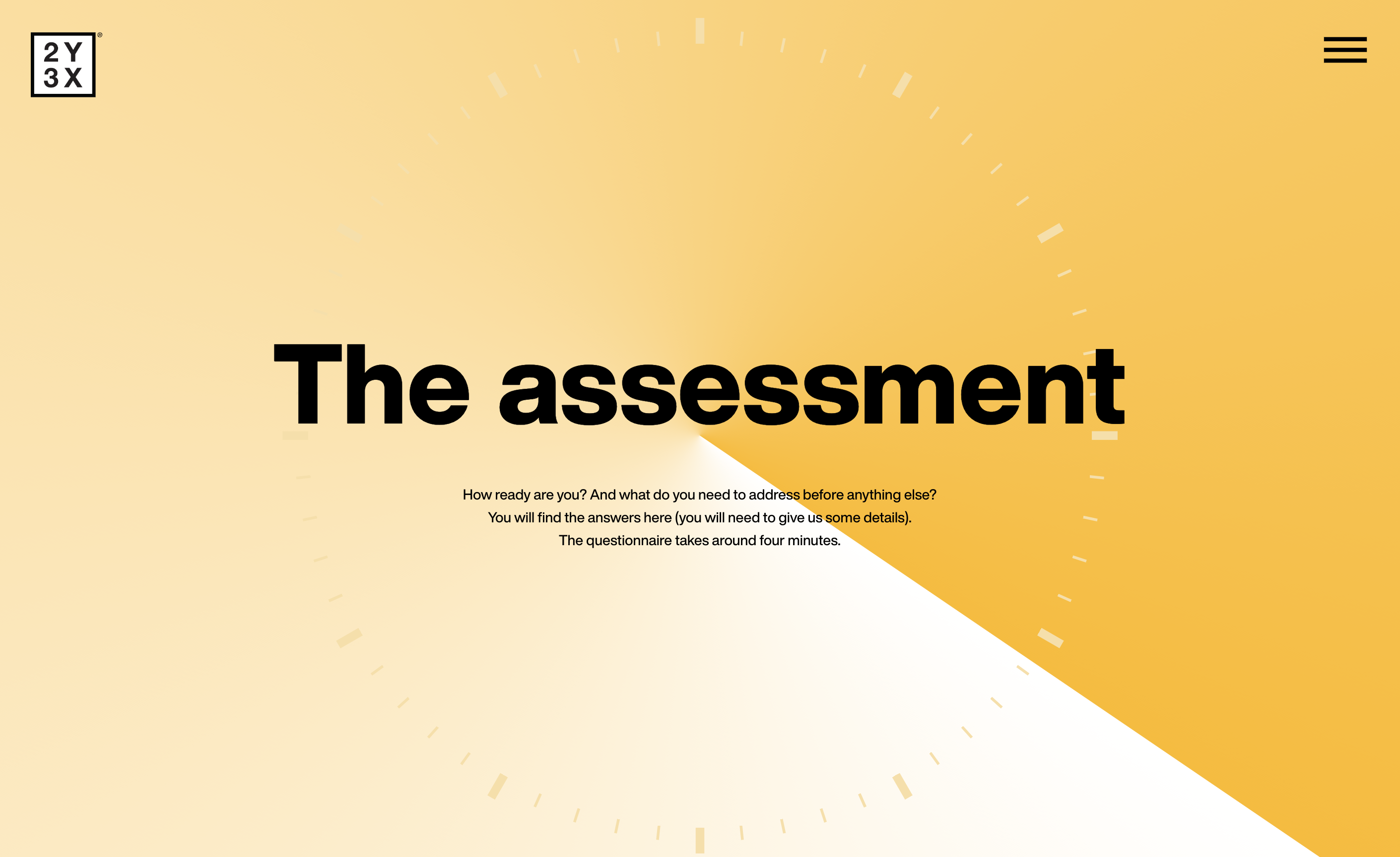
2Y3X scorecard published
